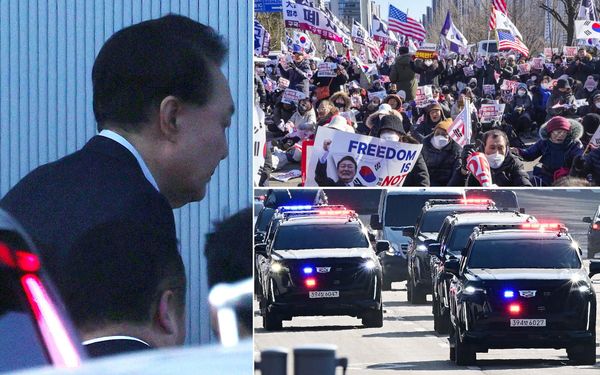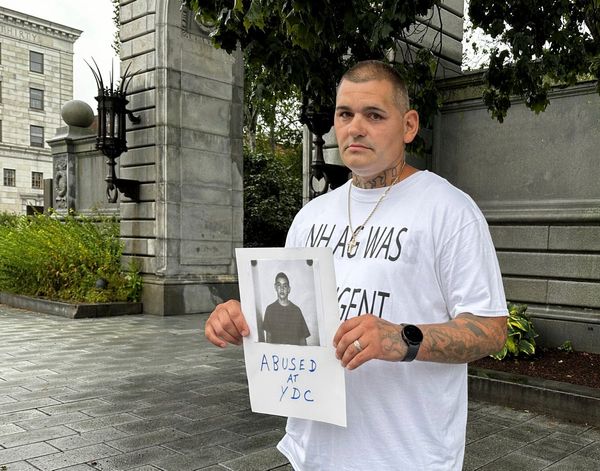Gov. Ron DeSantis signed Florida’s controversial “anti-riot” bill into law on Monday, a measure that vastly increases law enforcement’s powers to crack down on civil unrest.
The bill, which passed mostly along partisan lines, has been criticized by Democrats and civil rights groups as unconstitutional for infringing on the First Amendment’s right to protest.
“If you look at the breadth of this particular piece of legislation, it is the strongest anti-rioting, pro-law enforcement piece of legislation in the country,” DeSantis said at a press conference in Winter Haven, surrounded by Polk County Sheriff Grady Judd, uniformed deputies and other law enforcement. “There’s just nothing even close.”
Speakers including the governor described the law as something that would protect law enforcement and private property against rioters, despite also acknowledging that there was little violent unrest in Florida during last year’s George Floyd protests.
But critics claim the bill would have a chilling effect on all protests.
Democratic state Sen. Shevrin Jones, D-West Park, said in a statement that the new law “undermines every Floridian’s constitutional rights, and it is disgusting that the GOP would rather empower vigilantes and silence voices than listen to the majority of Floridians who oppose this dangerous bill. The governor’s spectacle is a distraction that will only further disenfranchise Black and brown communities.”
The new law grants civil legal immunity to people who drive through protesters blocking a road, which Democrats argued would have protected the white nationalist who ran over and killed counter-protester Heather Heyer during the Charlottesville tumult in 2017.
The bill also creates a broad category for misdemeanor arrest during protests, and anyone charged under that provision will be denied bail until their first court appearance. DeSantis said he wanted that prevent people from rejoining ongoing protests.
Echoing DeSantis, Republican state House Speaker Chris Sprowls and Attorney General Ashley Moody vilified other states and cities.
State CFO Jimmy Patronis claimed Portland, New York and Seattle “burned to the ground” last summer.
Judd warned Floridians, “don’t register to vote and vote the stupid way they did up north and get what they got.”
The Armed Conflict Location & Event Data Project analyzed Black Lives Matter demonstrations last spring and summer and found that about 220 out of 2,400 protests reported “violent demonstrations.”
The vast majority of citations and charges against protesters last year were ultimately dropped, dismissed or otherwise not filed, according to an analysis by The Guardian newspaper.







